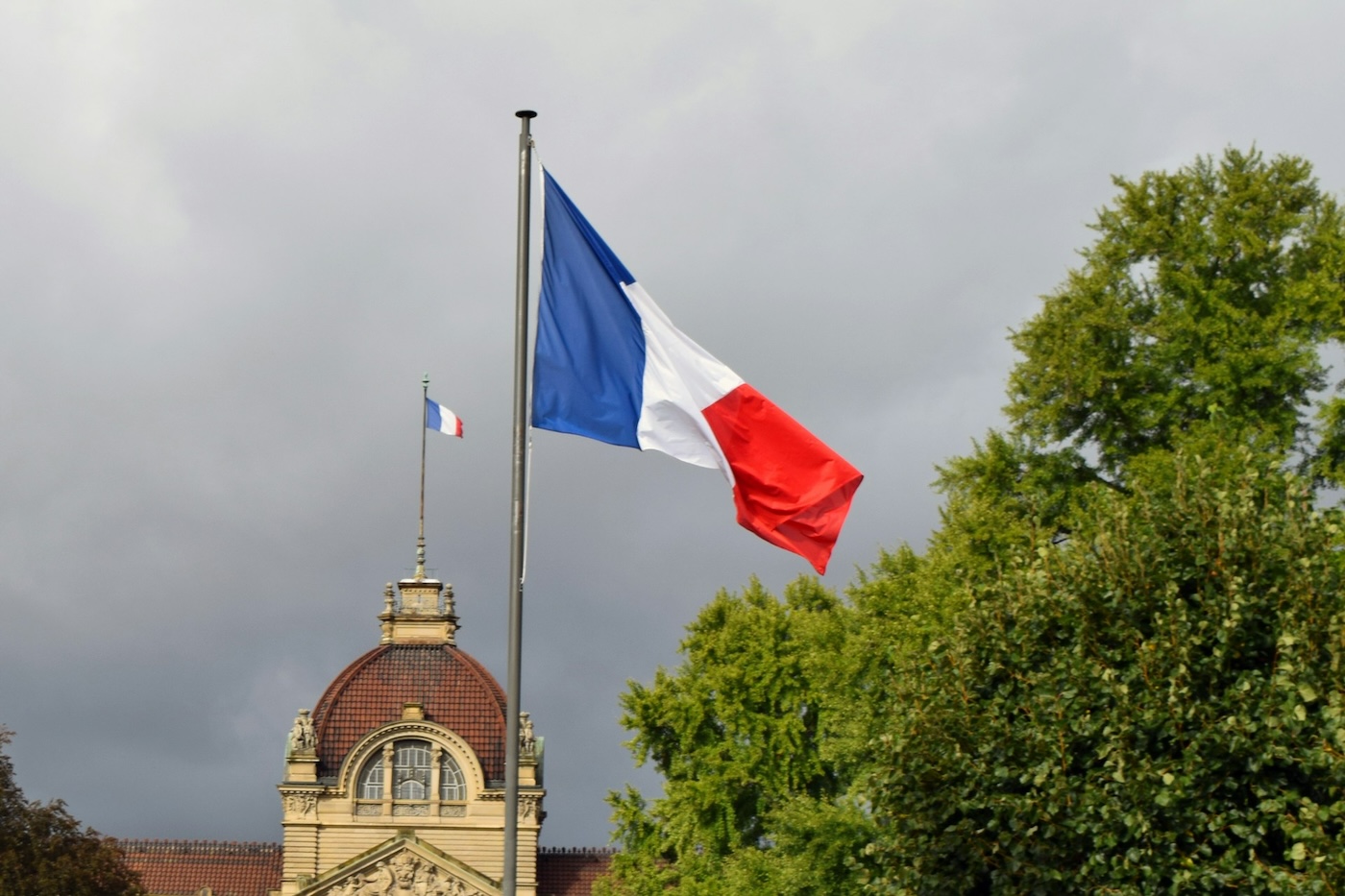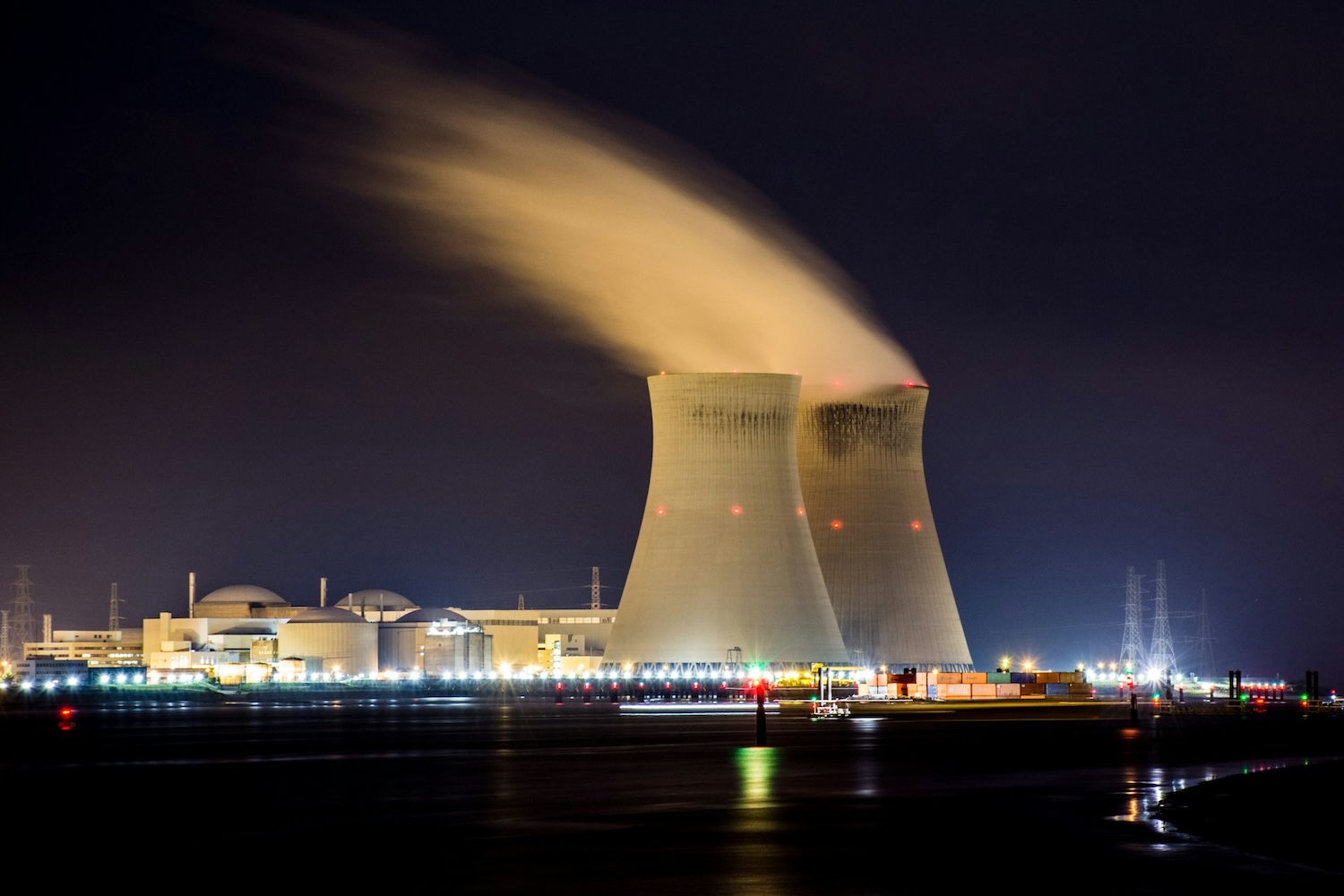
France’s nuclear renaissance and the talent imperative
France stands at the forefront of Europe’s nuclear revival. With the government committing to a new generation of EPR2 reactors, the refurbishment of La Hague, the construction of Georges Besse II enrichment plant, a first wave of SMRs, and ambitious investments in next-generation technologies, the sector is set for unprecedented expansion. Yet, beneath the momentum lies a mounting challenge: talent. The ability to secure, develop, and retain specialized human capital will determine whether this renaissance delivers its promise or becomes a cautionary tale.
A sector in urgent need
France’s nuclear industry employs over 220,000 people, but the demands of both new build and existing generation projects are driving an urgent need for fresh talent. At any given time, the sector is trying to fill more than 10,000 open positions, spanning engineers, project managers, technicians, and operational staff. The French government’s roadmap to deploy at least six EPR2 reactors by 2050 is paired with a rising pipeline of SMR projects alongside their fuel fabrication facilities.
In total, the next decade will demand 100,000 new hires across the sector, at a time when up to 50% of the existing workforce may be eligible for retirement by 2030. More than 90% of nuclear employers are already facing recruitment challenges, particularly for roles that require advanced technical expertise or a nuclear-specific safety culture.
Nuclear innovation: EPR2, SMRs, and beyond
Flagship EPR2 units anchor France’s new build program, but innovation is not stopping there. The next frontier includes a suite of SMRs, led by both private and public organisations, which are developing advanced concepts including light water reactors, lead-cooled fast reactors, sodium fast reactors and molten salt reactors.
SMRs are not only a technical evolution, but a catalyst for new skills in modular manufacturing, digitalization, and advanced fuel cycles. Prototypes and demonstration units are expected by 2031, with France 2030 allocating over €1 billion to support innovation and next-gen reactors. The development and eventual commercialization of these new systems will place even greater demands on the talent pipeline—especially for digital engineers, systems integrators, and project managers able to navigate both regulatory and operational complexity.

A dynamic sector with an image problem due to lack of communication
Despite offering dynamic career opportunities and competitive compensation, the nuclear sector struggles to attract younger generations. Perceptions of the industry as outdated or high-risk persist, even as nuclear is recast as an essential player in addressing sovereignty concerns and in the net-zero transition. Surveys show that only a minority of French students consider a career in nuclear, and only 25% of nuclear industry employees are under 35.
Industrial stakeholders are responding with ambitious outreach programs—from national campaigns such as Mon Avenir dans le Nucléaire to partnerships with engineering schools and digital recruitment platforms. But closing the gap requires more than branding; it demands a fundamental rethinking of the employee value proposition, with greater flexibility, purpose-driven narratives, and clear pathways for career progression.
Skills, reskilling, and the race for competence
The nuclear sector’s HR challenge is not just about numbers—it’s about the right skills at the right time. The complexity of new build projects like EPR2, the ramp-up of SMR innovation, and lifetime extension programs are driving unprecedented demand for specialized engineering, digital, and project management capabilities. Industry leaders estimate that up to 40% of job roles will require new or updated skills within the next decade.
Major players are turning to large-scale upskilling and reskilling initiatives. EDF, Orano, and Framatome have invested heavily in on-the-job training, digital learning, and partnerships with vocational institutions. The “silver tsunami” is being addressed by inviting retirees back into the workforce to transfer vital expertise to younger generations—a critical measure as knowledge loss from past delays (like Flamanville 3 EPR) highlights the risk of skills attrition.
Yet, the data reveal a structural bottleneck: France, like much of Europe, is facing a shortage of qualified industrial workers across various sectors. The war for talent is intensifying, and the ability to attract and retain rare skills is now a strategic differentiator.

Diversity, inclusion, and the next generation
The French nuclear sector recognizes that solving the HR equation requires a broader lens. Women represent just 20% of the nuclear workforce—a figure that falls to single digits in technical roles. There is an urgent need to broaden recruitment pipelines, embrace greater diversity, and build an industry that reflects the values and aspirations of younger generations.
Companies are starting to adapt. Orano, for example, is highlighting career acceleration, international mobility, and inclusion as core levers to attract and engage top talent. The emergence of new, more flexible roles—from digital transformation leads to sustainability managers—signals a shift toward a more open, future-ready sector.
A strategic agenda for talent: from crisis to opportunity
The HR challenge in French nuclear is real, but it is also a call to action. With €100 billion of investment in the pipeline, and the future of EPR2, SMRs, and nuclear innovation at stake, the sector’s success now depends as much on people as on technology. A coordinated response—spanning education, training, policy, and industry leadership—is underway, but speed and scale are critical.
Building a next-generation workforce is not a side project—it is a strategic imperative for national competitiveness, energy security, and industrial sovereignty. As France seeks to deliver on its nuclear ambitions, those who invest early and boldly in talent will shape not just projects, but the future of the entire sector.




